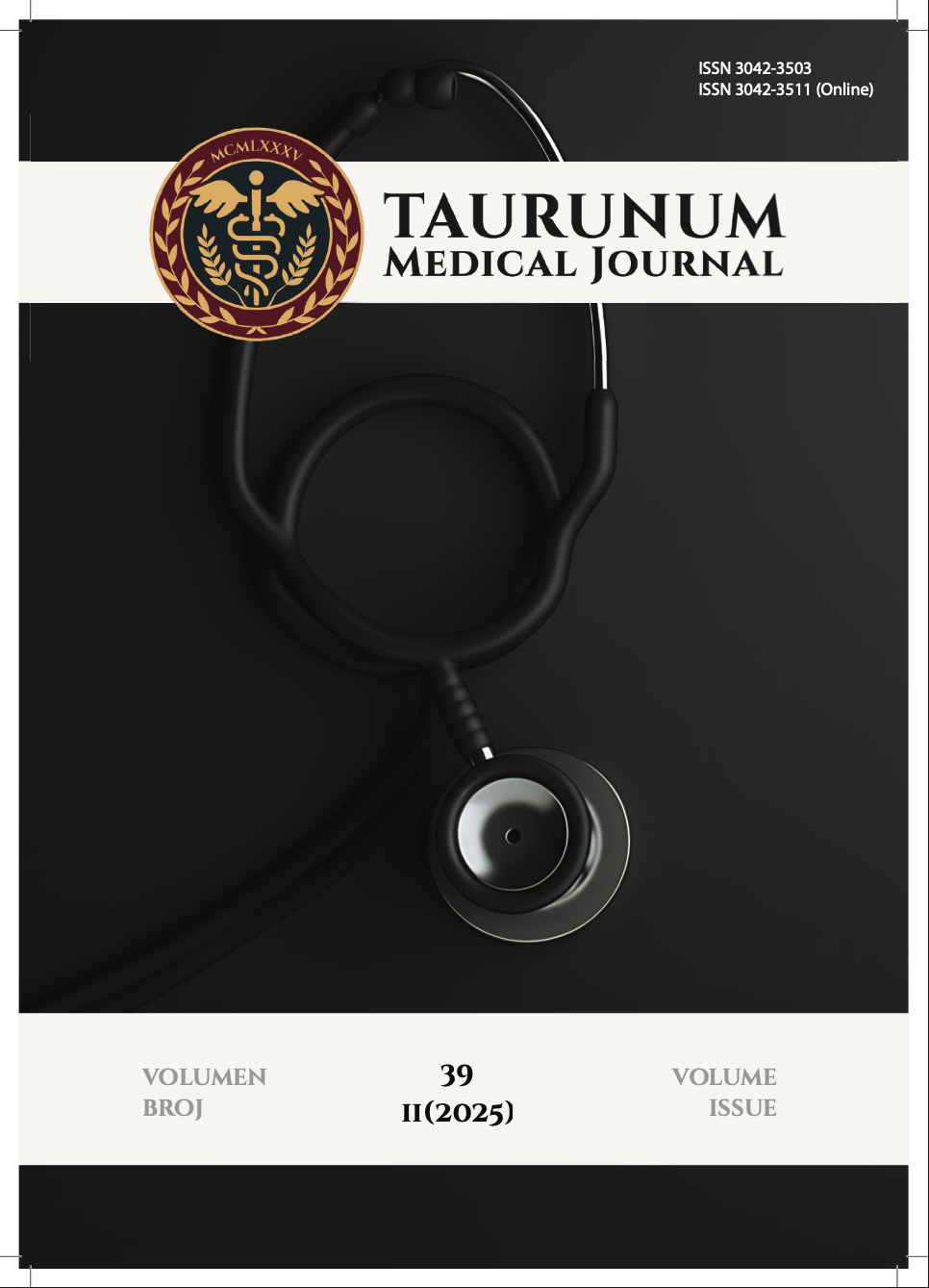
More articles from Volume 27, Issue 2, 2011
OrIGINaLNI radOVI OrIGINaL arTICLEs Depresija u porodici HIV pozitivnih osoba
Impact of preoperative administration of finasteride on perioperative bleeding during transurethral vapor resection of the prostate
OrIGINaLNI radOVI OrIGINaL arTICLEs Nutritivne navike studenata
Reduction of anterior shoulder dislocation, Sir Astle Cooper technique
Histopathological and clinical study of skin cancer of the head and neck
Article views
Citations

0
OrIGINaLNI radOVI OrIGINaL arTICLEs Depresija u porodici HIV pozitivnih osoba
Published: 01.12.2010.
Biochemistry
Volume 27, Issue 2 (2011)
pp. 297-302;
Abstract
Utvrditi učestalost i postojanje depresivnosti u porodici HIV pozitivnih osoba u odnosu na pol, starost, socijalne karakteristike i strukturu porodice. Retrospektivnom studijom je obuhvaćeno 124 članova porodice HIV pozitivnih osoba, koji su bili u programu rada savetovališta na Infektivnoj klinici KCS u Beogradu u toku 2010 godine.Nivo depresivnosti utvrđen Beckovom i Hamiltonovom skalom je povećan kod ženskih članova porodice, posebno majki HIV pozitivnih. Depresivni simptomi su više zastupljeni i kod nezaposlenih članova, kao i onih koji procenjuju kvalitet života kao loš, a nezadovoljni su svojim zdravstvenim stanjem.HIV infekcija je savremena bolest današnjice i povezana je sa socijalnom izolacijom i stigmatizacijom kako obolelih tako i njihovih porodica. Ovakav status porodice može da vodi u razvoj depresije što utiče na kvalitet života porodice. Ove studije su pokazale da nivo depresivnosti raste kod ženskih članova porodice koja živi sa HIV infekcijom i da socijalni status, a ne HIV status utiče na nivo depresivnosti u porodici. Preventivno delovanje u osnovi mora da ima socijalnu podršku na različitim nivoima društvene zajednice porodicama HIV pozitivnih osoba kako bi se razvoj depresije sprečio.
Keywords
References
Citation
Copyright
This is an open access article distributed under the Creative Commons Attribution License which permits unrestricted use, distribution, and reproduction in any medium, provided the original work is properly cited.
Article metrics
The statements, opinions and data contained in the journal are solely those of the individual authors and contributors and not of the publisher and the editor(s). We stay neutral with regard to jurisdictional claims in published maps and institutional affiliations.




